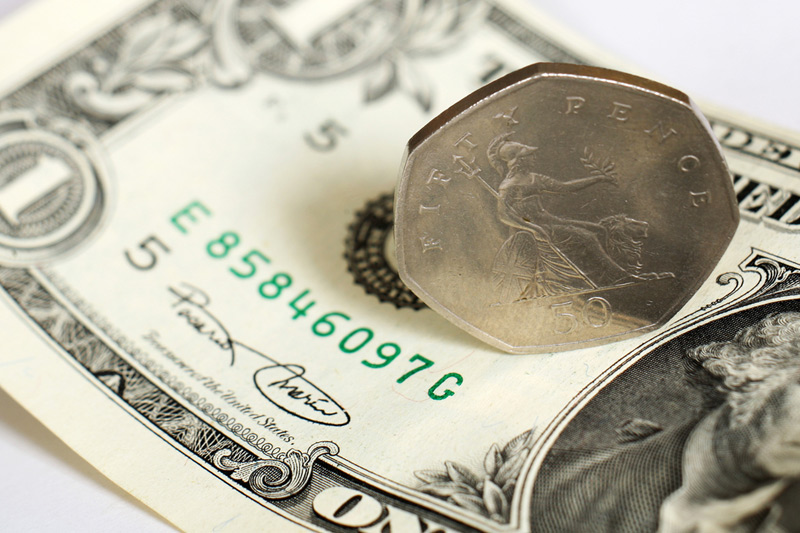* Japanese yen rises to 3-month high vs dollar
* Swiss franc close to 4-month high vs euro
* Oil currencies not impacted yet despite oil price spike
* Graphic: World FX rates in 2019 http://tmsnrt.rs/2egbfVh
By Olga Cotaga
LONDON, Jan 6 (Reuters) - The yen and other safe-haven
currencies were in demand on Monday, along with assets such as
gold, as investors fretted that the killing of Iran's most
prominent military commander by the United States could trigger
a broader Middle East conflict.
The moves extended a flight to safety that began on Friday
after Iranian Major-General Qassem Soleimani was killed in a
U.S. drone strike on his convoy at Baghdad airport.
U.S. President Donald Trump warned of a "major retaliation"
if Iran hit back, while Iran's replacement commander vowed to
expel the United States from the region. On Sunday, Iran further distanced itself from the 2015
nuclear agreement with world powers, which the United States
withdrew from in 2018, saying it would continue to cooperate
with the U.N. nuclear watchdog but would respect no limits to
its uranium enrichment work. The Japanese yen surged on Monday to a three-month high of
107.77 versus the U.S. dollar in Asian trading and was last up
0.2% on the day at 108 JPY=EBS .
Spot gold was 1.4% higher XAU= , at an almost seven-year
high, and oil rose on fears that any conflict in the region
could disrupt global supplies. O/R
The Swiss franc, another safe currency, was trading flat
too, though close to the four-month high of 1.0824 it reached
against the euro on Friday EURCHF=EBS .
The dollar was treading water versus six major currencies
.DXY and was slightly weaker against the euro, with
euro/dollar last up 0.1% at $1.1167 EUR=EBS .
Implied volatility gauges in the most traded currency pair,
on the other hand, were relatively calm, suggesting investors
are not yet fleeing to add protection to their portfolios by
buying currency options.
Currencies sensitive to global risk appetite were weaker,
including the Australian dollar, New Zealand dollar and Swedish
crown.
"Iran is almost certainly to respond in some scale, scope
and magnitude," said Lee Hardman, currency analyst at MUFG.
Therefore "market participants are likely to remain nervous
until there is more clarity over how geopolitical tensions
between the U.S. and Iran will proceed," Hardman said, noting
that geopolitical tensions could hurt global economic growth,
especially if the price of oil increases.
So far, however, oil-related currencies such as the Canadian
dollar, Norwegian crown and Russian rouble have not yet
strengthened even though Brent crude continued last week's rise
and topped $70 on Monday for the first time since September.
Elsewhere, the British pound was trading flat at $1.3076
GBP=D3 and at 85.44 pence against the euro EURGBP=D3 ahead
of a crucial week when British lawmakers are due to reconvene to
debate the EU divorce deal Prime Minister Boris Johnson has
agreed with Brussels.
